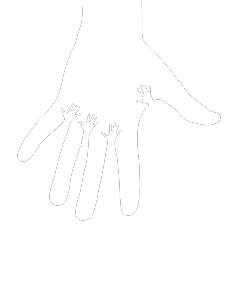SERVICES
Outreach : Gatekeepers' Training
GATEKEEPERS'
TRAINING

Training on Suicide Prevention
Based on the training provided by QPR institute , Counselling Centre conducts Gatekeepers' training (GKT) on suicide prevention every year in autumn semester. This is approximately six hours training program including the subjects like: ask-listen-refer (QPR), warning signs and symptoms, empathy and active listening and communication.
The objective of this program is to equip the IIT community to identify the people who are in need of mental health care, to listen to them empathically and actively and refer them to the mental health professionals.
Targeted population for this training program so far are: all the students of all the halls; Hall coordinators/Wing representatives/General secretaries, student welfare of all the halls who want to help their friends, seniors and juniors voluntarily.
Currently, we are extending our service to the campus community including faculties, hall managers and security personnel.
What is Gatekeepers' Training (GKT) ?
GKT is an effective training method to increase knowledge about suicide and suicidal behaviour, increasing self-efficacy and positively changing attitudes about suicide. The point is to create a helping environment where an adult feels comfortable approaching a potentially suicidal youth and asking them about their suicidal thoughts.
Who are Gatekeepers?
A gatekeeper is anyone who has been trained to recognize a suicide crisis and therefore, knows how and where to find help. Gatekeepers are given information that are easy to understand; comprised of methods to encourage a person to get help and a list of resources available in our community.
Objectives of GKT:
- Early identification and intervention to target "suicidal at-risk" youth.
- Train gatekeepers to recognize the signs of suicidal ideation and intervene by communicating with them.
How effective GKT is?
- Effective in reducing negative beliefs about mental health and suicide (Cartmill et al., 2009).
- Increases self-efficacy and perceived knowledge which was retained for a minimum period of at least six months (Keller et al., 2009; Chagnon et al., 2007; Quinnet, 2007) and some sources report retention of some programs of up to three years (Goldsmith, 2002).








